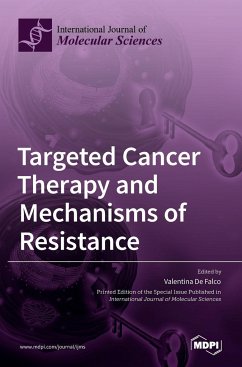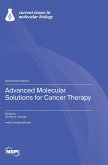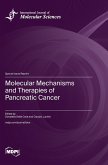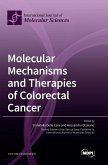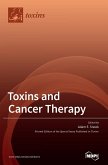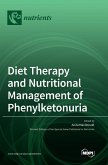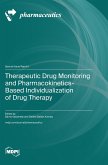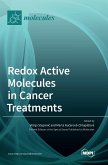Tumor cells commonly exhibit dependence on a single activated oncogenic pathway or protein to maintain their malignant proliferation and survival, a phenomenon called "oncogene addiction". According to this concept, protein kinases have been identified as promising molecular targets for cancer therapy. There are several possibilities for targeting these proteins in cancer, including monoclonal antibodies, compounds able to favor the proteolytic degradation of the kinase, small-molecule protein kinase inhibitors (PKIs). Moreover, new anticancer treatments have increasingly been developed focusing on tumor suppressor genes and RNA interference. Despite promising results in cancer treatment with targeted cancer drugs, clinical experience has shown that only a fraction of patients respond to targeted therapies, even if their tumor expresses the altered target. This is known as primary resistance. Otherwise, secondary or acquired resistance to the treatment arises, almost invariably, when tumors are treated with cancer drugs. We set out to select some studies containing emerging developments on the subject. In essence, this collection aims to highlight some recent findings regarding resistance mechanisms and reviews of molecular targeting and resistance with 14 contributions, including 10 original research papers and 4 reviews. Aspects relating to solid cancers, such as breast, ovary, colon, and blood cancers such as leukemia, and the identification of resistance mechanisms and new molecular targets, help to create the basis for the preclinical and clinical development of more effective next-generation drugs.
Hinweis: Dieser Artikel kann nur an eine deutsche Lieferadresse ausgeliefert werden.
Hinweis: Dieser Artikel kann nur an eine deutsche Lieferadresse ausgeliefert werden.

